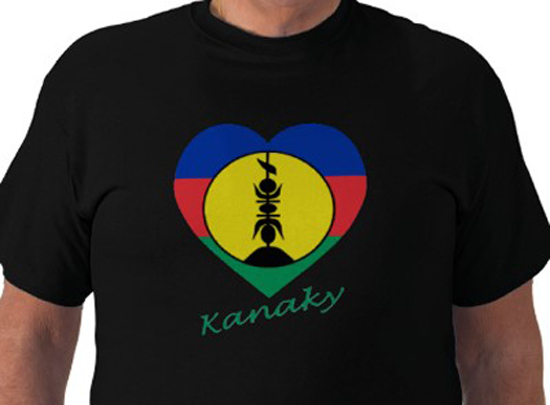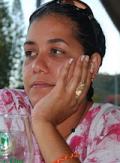
OPINION: NOUMEA (Pacific Scoop / Radio Djiido / Pacific Media Watch): Does a recent controversy about use of the word “Kanaky” by French Overseas Minister Victorin Lurel make us laugh or cry?
At his meeting with the President of the Northern Province of Kanaky/New Caledonia, Paul Néaoutyine, Lurel “dared” to say Kanaky referring to the indigenous name for New Caledonia.
Local news media reports had the pro-France political parties panicking and press releases were going out in droves.
Caledonie Ensemble (New Caledonia Together) said the minister had trampled on the territory’s “sovereignty” that the people of New Caledonia would decide on according to the Noumea Accord.
Will it be Kanaky ? Kanaky/New Caledonia? That’s the question?
Sometime between 2014 and 2018, selected voters will have to express themselves on a referendum on independence for the French-ruled Pacific territory.
Meanwhile, many sovereign identity issues have been voted on in the Congress of New Caledonia, such as the currency design, the anthem, and recently the flag that the Prime Minister of France, François Fillon, himself raised on July 17, 2010.
Collective amnesia
However, it looks like there is a collective amnesia in the country. Few opponents can just stand there and watch an indigenous people lifting the flag with the colours of the pro-independence FLNKS.
As a response to these views and hysterical reactions from the pro-France political parties, minister Lurel asked: “Yes, I said Kanaky, but is it a swear word?”
Unfortunately it looks like the answer is yes for some people. Kanaky is still split between these two political accords, Matignon 1988 and Noumea 1998 – particularly when an election is coming up.
Now there is a a part of New Caledonia where the people don’t even realise that there are indigenous “Kanak people” there.
But, the FLNKS, as the political representative of the Kanak people, should be more united to make a sense of the reality.
How can we explain that after 25 years of struggle and two accords with France, Kanak people are still in a minority and treated like this in their own land?
This work is licensed under a Creative Commons Attribution-NonCommercial 3.0 New Zealand Licence.




